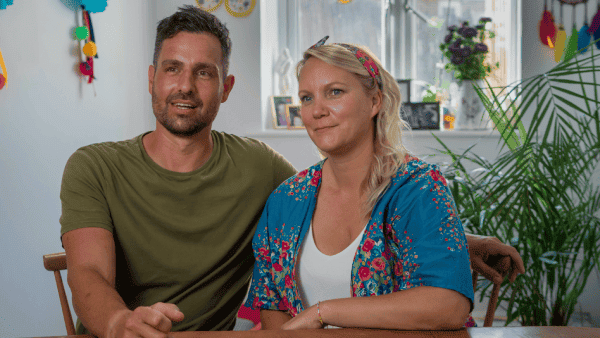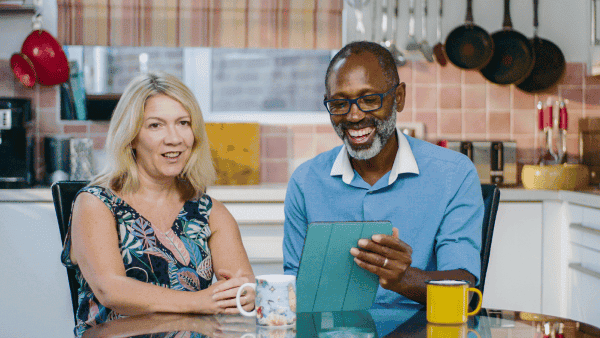Our kids are pre-teens- they spend most of their time online gaming, watching BMX videos, or unboxing. They’ve got their own toys upstairs but enjoy watching other people unbox theirs for some reason! The only rules we have in place are that they must ask when they want to go on their devices and they can’t take their bed – they’re usually pretty good. Otherwise, they’d be on it the whole day!
Our main worries are about who they talk to online, who can send them messages and seeing things that are not age-appropriate. When our son wants to play a new game or try something new, we usually play/ set it up ourselves first and show him how to do it. We have a linked account to Fortnite so we can see who he’s playing with and who’s messaging – but we can’t hear what other people are saying to him through the headset.
We’ve had to talk to our kids about making payments online. Our daughter clicked on something that confirmed purchase without realising – we didn’t know until the bill came through. She knows not to do it now, but we had to use it as a learning experience.
We do hate that sometimes you look around and we’re all sat on our own devices, but it’s all about balance I guess. It’s important they know how to use tech otherwise they’ll get left behind, especially as they get older.
See further advice:




